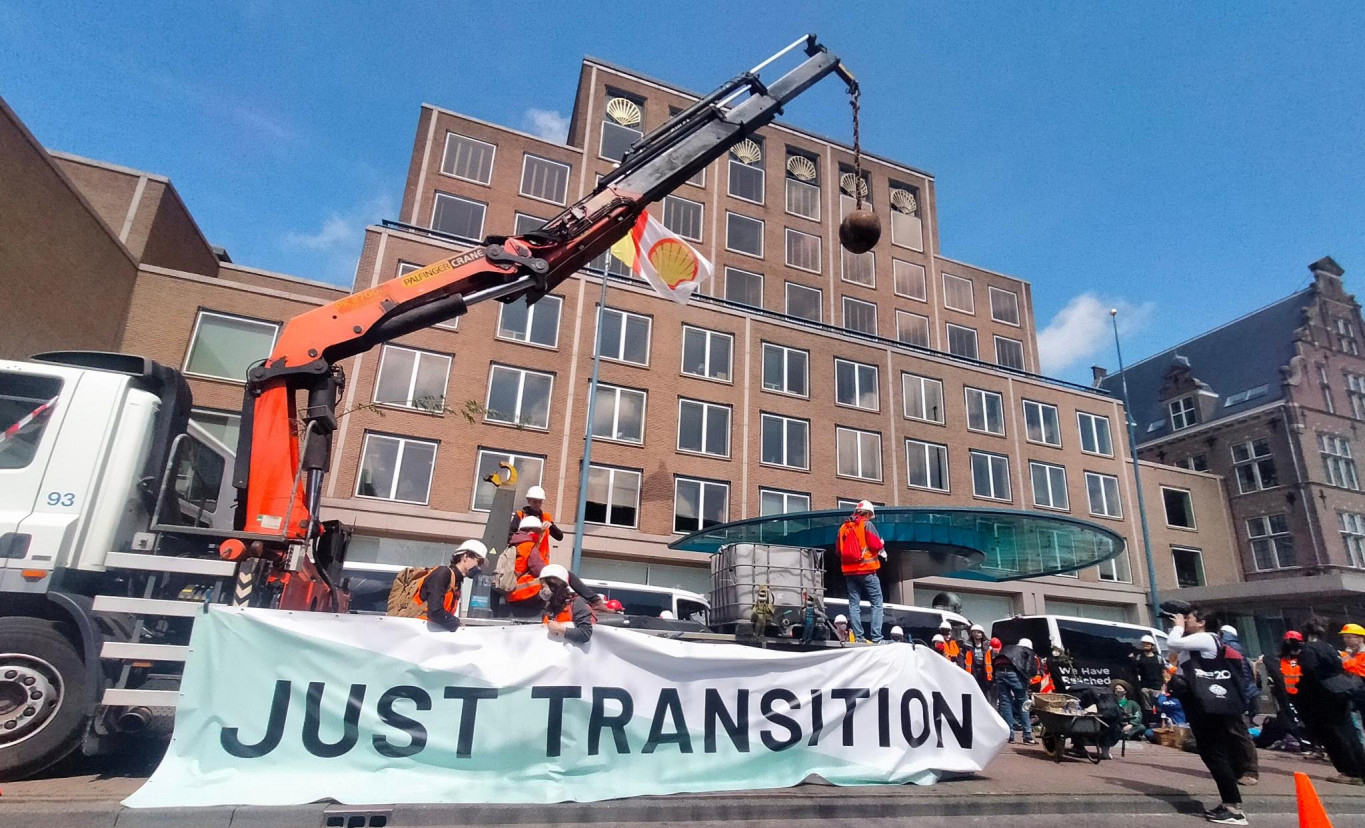The very first company in the world to ever issue its shares and bonds to the public was the Dutch East India Company (VOC) in 1602. With the money of its investors the VOC would then go on to finance violent trade missions and colonial oppression to maximize profits for its shareholders as much as possible. In the long run this system turned out to be unsustainable: Due to low wages, widespread corruption prevailed among employees and a trade war with England eventually drove the VOC to ruin. Almost two centuries later the VOC was nationalized by the newly founded Batavian Republic, which was later succeeded by the Kingdom of Holland and eventually the modern Netherlands. Eventually, after almost three centuries, the VOC was dissolved. Better late than never.
Despite the grim fate of the first modern public company, the system of free tradable shares was increasingly embraced, in tandem with a system of colonial domination and exploitation. It was this system that laid the foundation for the present-day Anglo-Dutch fossil giant Royal Dutch Shell. History is still alive and kicking! Shell is a multinational corporation with shareholders, and with managers who aim to maximize their profits at all costs. We have all seen the results of this highly unsustainable business-model: From corruption scandals to mass layoffs; from earthquakes in the Dutch city of Groningen, where Shell owns half of the oil and gas company NAM, to a polluted Niger Delta and oil spills in Argentina; from violence, to ecological destruction and the global climate crisis.
Shell once again demonstrated that it unequivocally puts profit over people, when this year its board advised its shareholders to vote against climate resolutions introduced by the green shareholder group Follow This and thus against a consequential step towards meeting the targets of the Paris agreement. At the same time, instead of addressing the root cause of the problem, the company put forward its own, completely inadequate climate plan. It has even been rewarded with a billion-dollar subsidy from the Dutch state for its plans to store carbon in the North Sea. In the energy transition plan that Shell has so proudly announced, the company’s CO2 emissions are expected to remain the same in the coming decades, at a time at which urgent climate action is imperative.
The idea that Shell will ever become a fair and ecological company is a fantasy, a dream, a delusion. Shell is relentlessly pursuing its core business, the growth of fossil capital, which is in fundamental contradiction to its claims on social and ecological responsibility. It’s about time we took off our greenwashed glasses and started looking for a realistic solution for this monster of a problem that Shell is: We have to dismantle Shell.
In lieu of the current scenario, where power is vested in the hands of a small group of affluent shareholders, the company should be placed under democratic control. The few existing sustainable branches can have an independent future as public companies or cooperatives. And the damage that Shell has been causing all over the world for decades needs to be repaired. Shell employees can have the option to retrain for a sustainable job, but the oil wells will be sealed. Permanently.
Dismantling a multinational? That, too, sounds like a fantasy. But in times of converging climate, ecological and humanitarian crises we will have to find solutions that might still seem unimaginable in our current political and economical model. We know that continuing with business-as-usual is a dead end. Dismantling a big company like Shell is also not entirely inconceivable. The Dutch East India Company was nationalized in 1796 and decommissioned in 1798. In 1911, the world’s largest oil conglomerate, Standard Oil, was dissolved after a historic anti-trust trial. As recent as during the banking crisis of 2008, governments bought up financial giants, placed them into receivership and reorganized them. Unusual times call for unusual measures.
This is exactly why a growing group of the company’s critics advocate for what many already know, but do not dare to say out loud: We have to systematically end Shell. A plan of action is essential to make sure that the oil wells are not merely abandoned, but safely dismantled and closed down. This is also the only way we can guarantee the restoration of affected communities and ecosystems. It also enables us to provide a fair transition for workers in the fossil fuel industry and ensure social and democratic access to renewable energy. The oil industry is currently in desperate death throes. To let this industry collapse unchecked will only make the world plunge deeper into misery.
On the occasion of Shell’s annual shareholders’ meeting, which will take place on Tuesday, 18 May this year, a growing movement of people has been calling for such a decommissioning under the slogan “Shell Must Fall”. The movement has also inspired actions in other countries during the shareholders’ meetings of other fossil multinationals (BP, ENI, Wintershall, Equinor, Ineos) under the hashtag #AllMustFall.
While the fossil industry is crumbling, the group of those advocating for large-scale system change is growing bigger and stronger: The question remains which country will take the first step and start with the dismantling.

